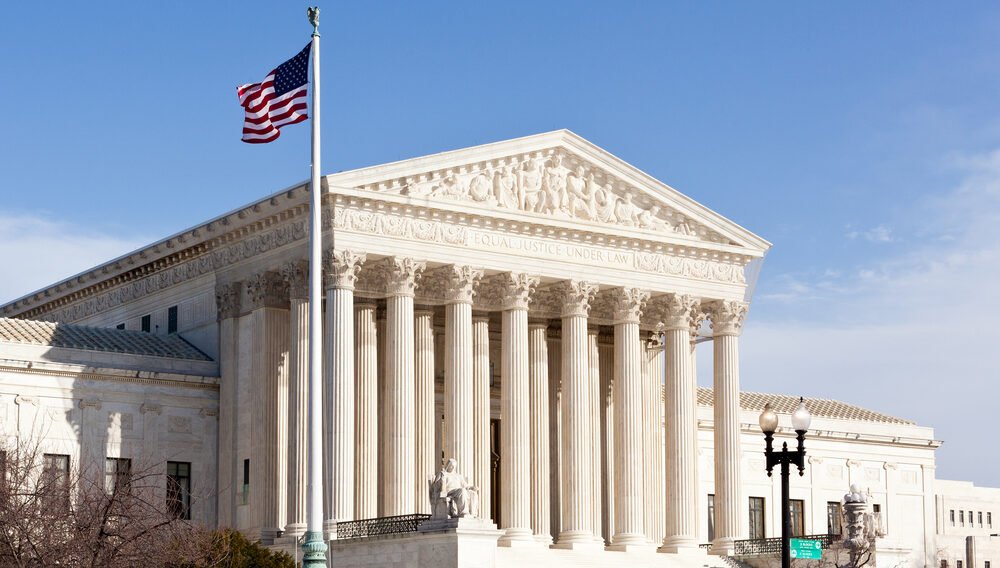Florida Pari-Mutuel Appeals to US Supreme Court Over Seminole Tribe’s Gaming Compact
A significant development has emerged in the Florida gaming sector as a local pari-mutuel company, West Flagler, has formally requested the US Supreme Court’s intervention regarding the Seminole Tribe’s gaming compact with the state.

According to PlayUSA, West Flagler v. Haaland challenges the Department of Interior’s approval of a tribal compact that includes provisions for online sports betting off Indian lands, under the Indian Gaming Regulatory Act (IGRA).
Core Issues at Stake
West Flagler’s petition, filed just before the deadline, raises pivotal legal questions about the scope of IGRA, the intersection with the Unlawful Internet Gambling Enforcement Act, and broader equal protection principles. The case stems from a 2021 agreement granting the Seminole Tribe statewide exclusivity for online sports betting, a move that has since stirred legal and regulatory debates.
The appeal to the Supreme Court outlines three critical questions:
- Does IGRA authorize the approval of a compact that allows an online sports gambling monopoly across the state and off Indian lands?
- Does an IGRA compact conflict with the Unlawful Internet Gambling Enforcement Act if it sanctions internet sports betting that is illegal where the bets are placed?
- Does the secretary’s approval of a tribal-state compact breach equal protection principles by providing a tribe a monopoly on online sports gaming off tribal lands, while such conduct is a felony for others under state law?
Implications for the Gaming Industry
The petition underscores the broader implications of Florida’s approach to sports betting, cautioning against setting a potentially unlawful precedent. The legal challenge aims to clarify the regulatory landscape, ensuring that states’ decisions on sports betting legality are consistent and transparent.
Our Comment on the Article
The appeal by West Flagler to the US Supreme Court represents a critical juncture in the ongoing discourse around tribal gaming compacts and online sports betting.
The case not only highlights the complex interplay between federal legislation and state-level gaming initiatives but also underscores the need for a clear regulatory framework that balances tribal sovereignty with state interests and legal norms. As the Supreme Court considers this appeal, the outcome could have far-reaching implications for the gaming industry, potentially reshaping the legal and operational contours of online sports betting in Florida and beyond.
Recommended
